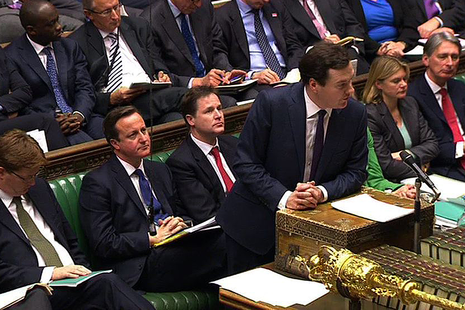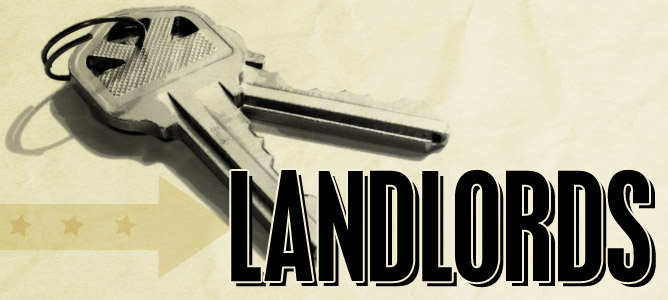The recent autumn statement announcement delivered by George Osbourne has left landlords and potential landlords feeling victimised. As of April 2016, buy-to-let landlords and those buying second homes will pay a much higher stamp duty rate than those buying first homes. With the aim to help first time buyers into the market, landlords feel that this move will also cut off investment in rental properties. Landlord Insurance provider UKinsuranceNET looks into these changes in greater detail in order to advise you.
So what are the new changes?
From April 2016 surcharges will apply to those buying a property as a second home or to rent. For example, properties bought for between £125,000 and £250,000 as a second home or buy-to-let property will be charged 5% for stamp duty. This is a huge increase from what first home buyers are charged, just 2%. These charges increase in increments depending on the property value, and each increment has been lifted by 3% for second home buyers. In some cases costs could be trebled, with a second home costing £275,000 being charged stamp duty of £12,000 where previously only £3,750 would be charged.
What this means for you?
These changes have been described as catastrophic for the private rental sector. If you’re a landlord and looking to buy more properties in the future these changes will certainly affect you and change what sort of property your budget allows you to buy. If you’re not currently a landlord, but looking into investing in property, you’ll be affected by the charge increases and you will possibly have to recalculate your costs and profit margins.
It has been predicted that the market will see a massive decrease due to the surcharges, however, one possible silver lining is that those within the industry already may face less competition from new buy-to-let landlords.
Warnings have been issued of a potential rush of second home buys in the next few months before the changes in April 2016 in an attempt to beat the charges. This could mean a shortage of houses to begin the new tax year, but with the amount of money going to build starter homes in the UK this shouldn’t be a long term issue.
What now?
If your situation is that you’re currently a landlord with properties to rent, you’re in a unique situation. Yes, you’re ability to invest in new properties has been affected, however, with a predicted drop in the market you could be in the perfect position to get ahead in the rental industry. Take this opportunity to invest in your current properties, to make the right changes and attract the right audience.
Talk to your insurance broker to ensure your properties are insured correctly and any new changes are covered, or source a new landlord insurance provider, completely tailored to you. Make these changes work for you, from April 2016.






 POSTED BY
POSTED BY 

